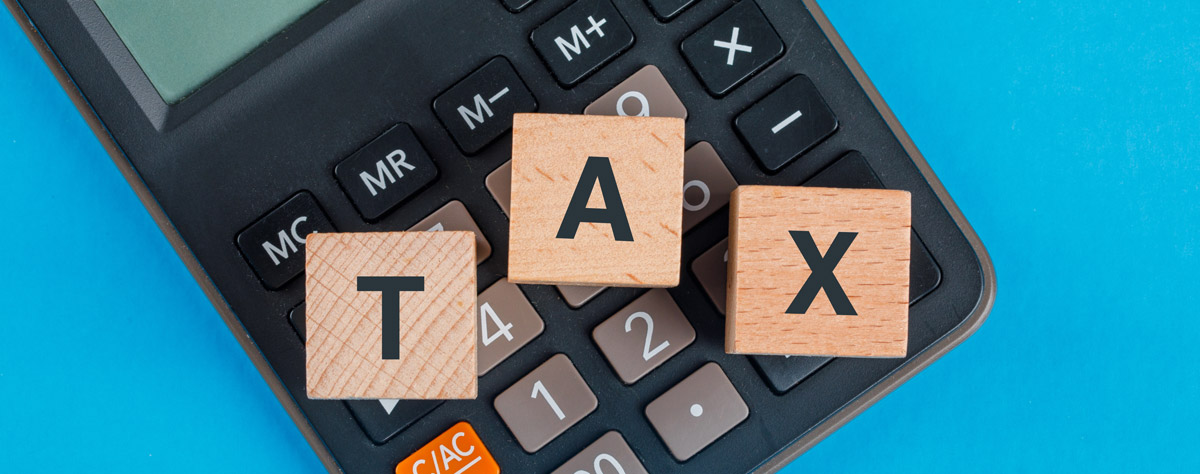⏱ 5 min reading
So, you are a freelancer. You are your own Boss! This can be a full-time occupation, or something you do part-time. From a tax perspective, freelancers are considered to be self-employed. You are essentially a small business owner. The upside is that you get to decide how to run your own business. The downside is that, you also need to deal with the somewhat boring, yet essential tasks of taxes and the accounting process.
As the wise Benjamin Franklin once said: “in this world nothing can be said to be certain, except death and taxes.”
In this article (the first in our freelancer series), we would like to give you the basics of what you will need to do and some of the documents you should prepare.
First of all…
The first thing one needs to understand is the entity or the form you choose to run your business. What we mean by that is, are you running your business under own name as an individual? Or are you in a partnership with a friend? In some cases, it may be wise to actually set up a company, even if the only person working for the company is you!
The business type you choose to use, can have an impact on the taxes you end up paying as they tend to have different tax rates applied to them, depending on which country you are in.
Company vs Individual
Most people tend to keep things simple, and just run their freelancing business under their own name. That is perfectly fine, and it generally involves less administrative work, but one huge downside to it, is that, depending on the industry you are in, if something does go wrong, you may be held personally liable. In such a scenario, your personal assets, your car, your house, etc, will be at risk.

Upside of using a company
Downside of using a company
The Answer?
As a result, most people tend to start their business under their own name, and once things are more stable and you start to earn more money, then you can then look into incorporating your business, i.e. setting up a company.
How about Value Added Tax (VAT)/ Goods and Services Tax?
In most countries, if your freelance business is relatively small and simple, then it can be exempt from VAT/GST. Normally, there are a list of thresholds such as total sales/revenue and exceeding these thresholds means, you will need to register yourself with the tax authorities for VAT/GST.
But if you have incorporated your business (i.e. set up a company), then you will automatically have to register for VAT/GST. In most cases, a VAT/GST return, will need to be submitted with the tax authorities every 3 months.
If you do not have an accounting background, and find the preparation of the VAT/GST return quite overwhelming, we recommend you to get an accountant involved. Please check our other article in our Freelancer Series, which talks about the benefits of using an accountant HERE.
Bank accounts
If you have set up a company, then you should be able to open a bank account and eventually, a credit card account under your company’s name. This process will take longer than opening a personal bank account as the bank may need to verify your company and they will probably require you to provide some documentation.
If you chose to run your business under your own name, we highly recommend you to set up a new personal bank account and conduct all business dealings through this account. It will make the accounting and tax return preparation process so much easier and faster. It will also have the added benefit of showing that you are serious about your business and your business expenses are not mixed with your personal expenses.
You can learn more about businesses expenses, in our other article by following this link: HERE

License to operate?
You should check with your local authorities whether you or your company requires a license before you can start operating and picking up clients. Certain industries such as the real estate industry, or financial planners, and many others, generally tend to require previous qualifications in the said fields. In some cases, a membership of the relevant associations may also be a requirement before you can even begin work.
This is to help ensure people providing such services are qualified to do so. Furthermore, associations tend to update their members with market trends, trainings, and relevant markets news and information. You should check with your local chamber of commerce to learn about the licensing requirements of your business.
Record Keeping
Now that you are a business owner, you have certain responsibilities. You need to keep track of income and expenses. Not only to see whether or not you have made money, but also to work out your taxable profit and your tax obligations.
You may need to change your habits a bit and start keeping all the receipts that are related to your business. Don’t forget to ask receipts when u purchase things for your business. If you receive digital copies, save them in a specific folder on your computer. It may be even wise to print it off and put it with the rest of your physical receipts and invoices.
Taxes and expenses
Without a receipt, you may not be able to claim the expenditure as a business expense. This has real world consequences, as for every dollar of business expense that you are unable to claim, your taxable profit goes up by the same amount. The higher your taxable profit, the higher your tax.
Depending on the applicable/effective tax rate in your country, you will end up paying more taxes. For example, if the tax rate is 25%, for every $1 of business expense you missed out, you may end up paying 25 cents more in taxes.
Conclusion
Being a freelancer/business owner can be extremely rewarding. Whether it’s the financial reward or the flexibility that comes with being a freelancer. But there are also certain responsibilities that you have to take care of. Many of the points mentioned above can play a critical role in how you end up running and growing your business and you should spend some time researching these matters.
Much like a building that is about to be constructed, one first needs to lay down the right foundation for the right type of building.






